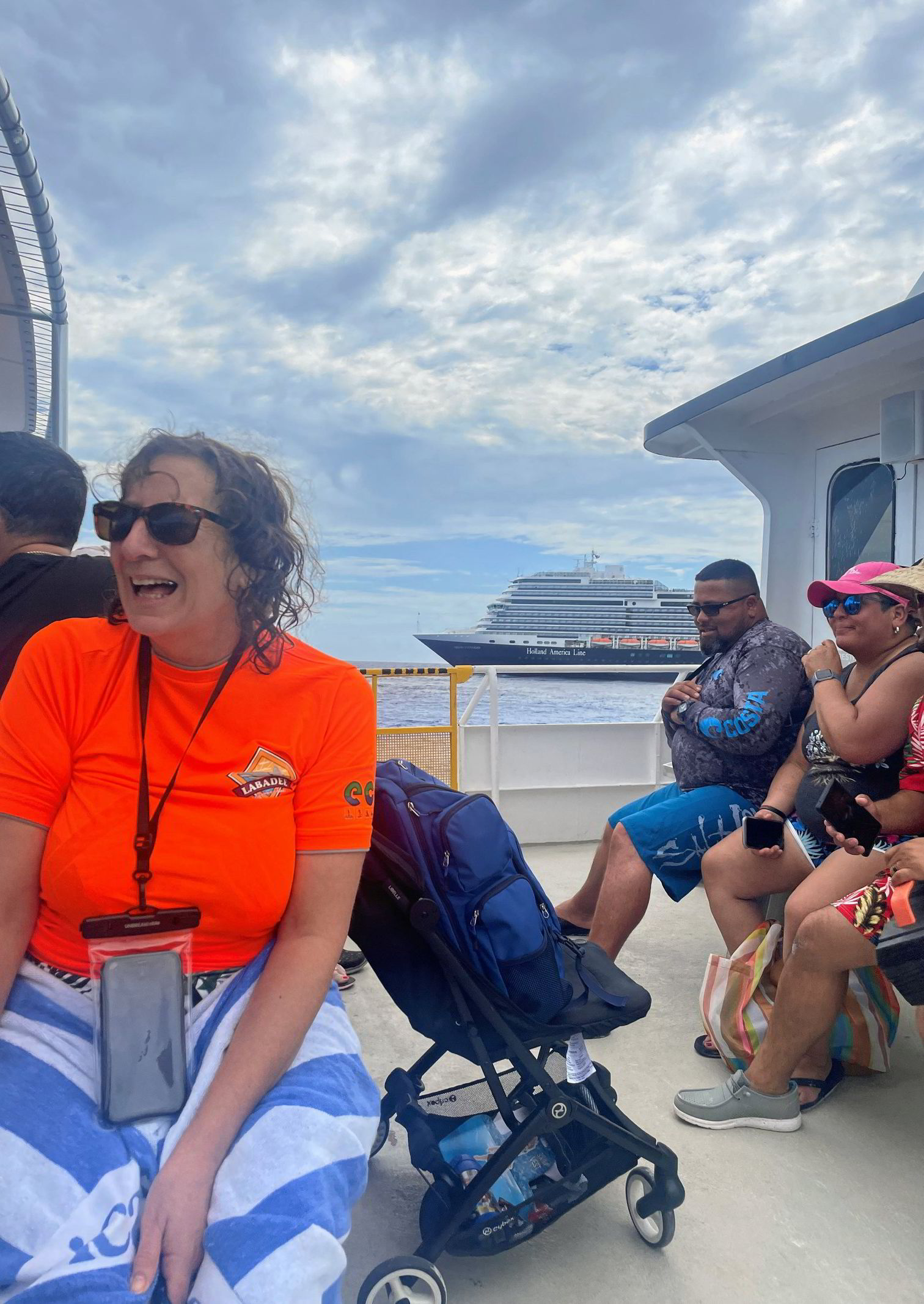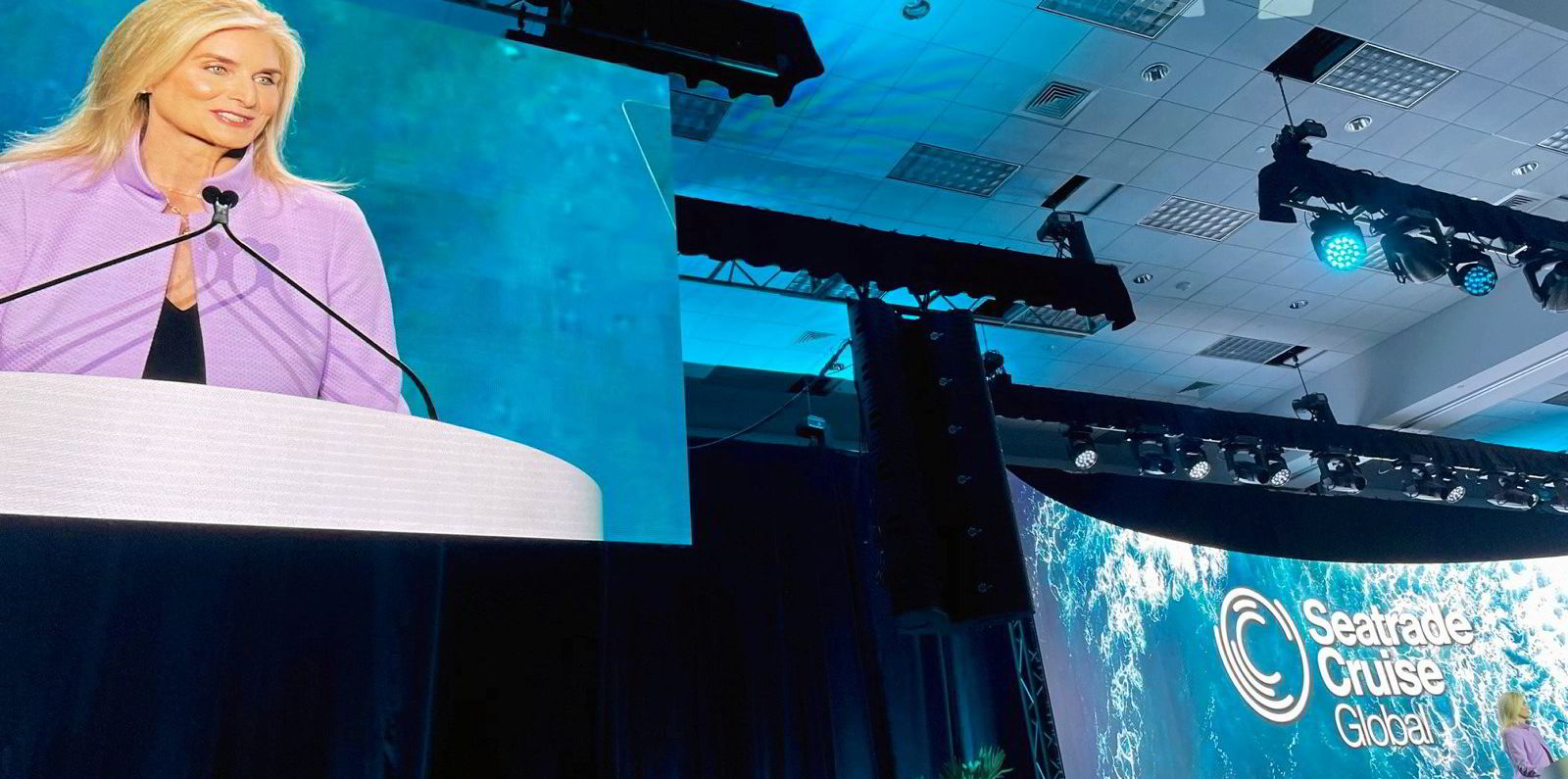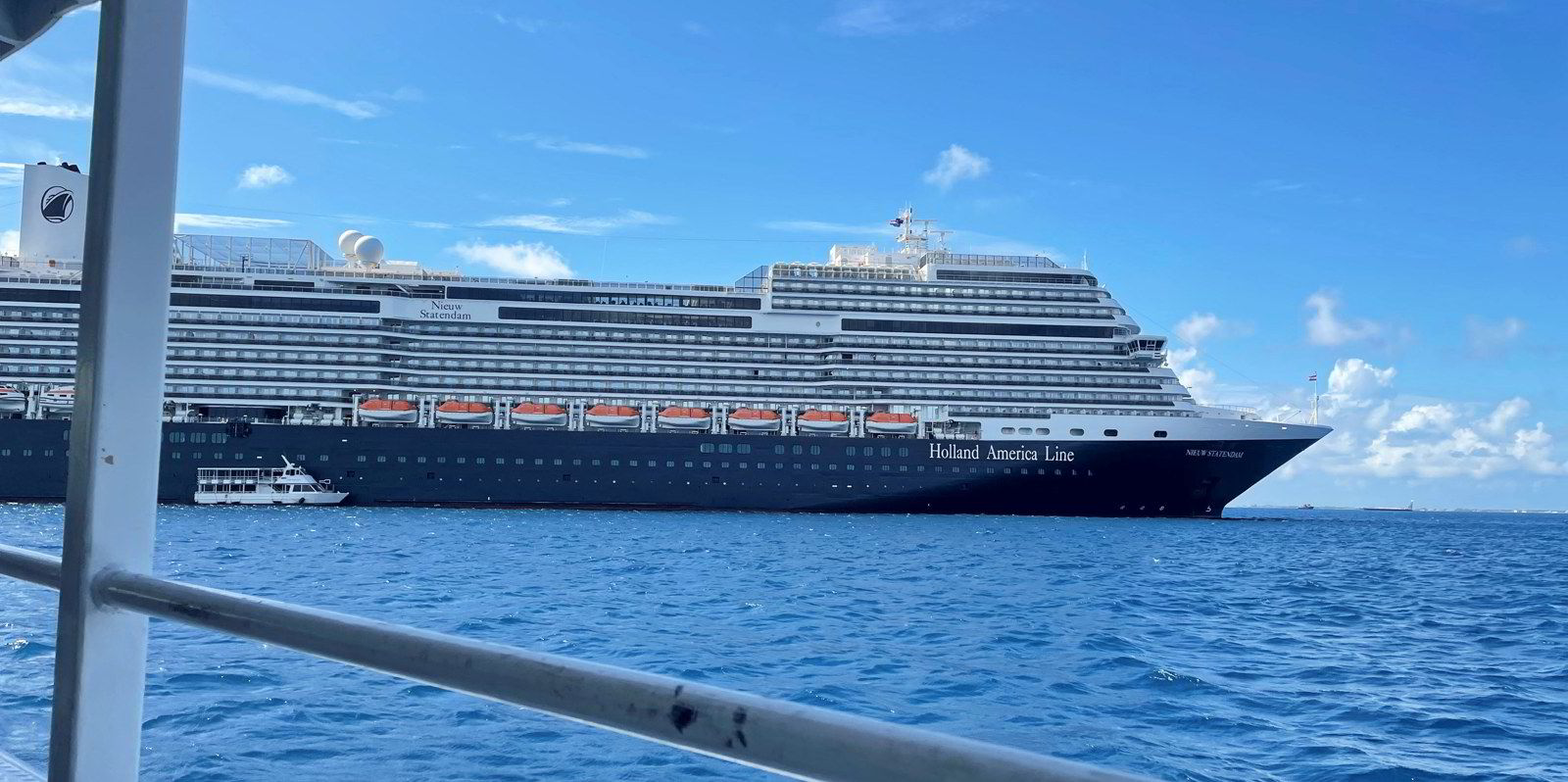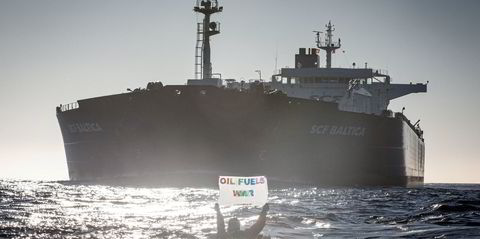There was palpable excitement that the cruise industry was able to hold its key annual gathering with ships operating at pre-pandemic levels and a conference centre ballroom full to the brim.
But as the top executives of the world’s four largest groups spoke at the Seatrade Cruise Global three years after Covid-19 brought the industry to a punishing halt, there was also a feeling that the sector is more than a rebound fuelled by pent-up demand.
Rather, there are signs that demand for holidays at sea could be even higher than the hot market before Covid-19.
MSC Cruise executive chairman Pierfrancesco Vago pointed to research by the Cruise Lines International Association, that estimated that there could be between 27m and 33m cruise passengers worldwide in 2023.
“This is an incredible achievement,” he said.
But that’s not all. By 2026, there could be some 39m passengers, a 30% jump on 2019, he said.
But Vago, who is chairman of the cruise industry group and whose company is the world’s fourth-largest operator in the sector, said much work will be required to deliver on that volume, including efforts to attract new cruise customers.
He did not mention another challenge highlighted by Carnival Corp’s earnings the day before. Cruise ship operators are still clawing back from the financial strain of the pandemic, and Carnival expects to report an annual adjusted loss of $350m to $550m for its 2023 fiscal year, which ends in November.
CLIA chief executive Kelly Craighead said the outlook is extremely positive, and cruise lines are showing it by resuming investment in their fleets.
“In fact, this year alone, there are 14 spectacular new ships that are set to launch in the CLIA fleet,” she said. “The orderbook through 2028 shows 62 new CLIA ships representing more than $40bn worth of investment.”
The discussion over cruise demand bore some of the hallmarks of pre-pandemic Seatrade Cruise conferences, not without some prodding from retiring Norwegian Cruise Line Holdings chief executive Frank Del Rio to move the panel away from the hot topic of decarbonisation and back to the focus on the customer.
That included the perennial focus on bringing first-time passengers to the sector.
Value proposition
Carnival chief executive Josh Weinstein said cruise is 25% to 50% cheaper than a land-based vacation.
“My belief is I think we’ve got to do a better job communicating the value proposition of what a cruise is to people who don’t know cruise,” he said.

“I think that’s the unlock. You can call it myth-busting, you could call it just education, but we need to do a better job.”
But some things have changed. Royal Caribbean Group chief executive Jason Liberty said millennials had to put key life events on hold during the pandemic, and now they want to have vacations with their young families.
The pandemic put an end to consumers’ growing focus on buying experiences rather than goods, but Liberty said that trend is back.
“There’s also been a big shift on the secular side where people are buying a lot less stuff. They’re buying a lot more experiences. We’re in the experience business. That is pretty awesome,” he said.
And the pandemic led more people to retire, giving them more time on their hands to spend on travel.
He echoed the view that consumers' propensity to cruise is on the rise to levels that are higher than the period before Covid-19.
“The percentage of our guests that were first to cruise pre-pandemic was disproportional to first to brand,” he said.
“To see that has not only come back but that it’s higher than what it was pre-pandemic really shows the affinity that the customer has to what we do.”
Asked about the most rewarding part of his tenure since taking over from Arnold Donald in August, Carnival’s Weinstein said the world’s largest cruise company was able to carry out what he described as the world’s largest fleet start-up in history.
Back to profitability
“And over the course of my short tenure that I’ve been in the role, we got to make that statement and turn the corner and really think about how do we get this company back to strong profitability,” he said.
“And all the creativity and ingenuity and resourcefulness and resilience that we built up during the pause and the restart, we now get to take that and actually put it back into our business in a really positive way.”
Read more
- Gotlandsbolaget jumps into cruise with Birka Stockholm buy
- ‘We outperformed our guidance on all measures’: Carnival Corp slashes red ink
- Royal Caribbean recruits FedEx autonomous guru to board
- Norwegian Cruise Line’s Frank Del Rio retiring after eight years as chief executive
- Seismic power shift: MOL goes global with biggest shake-up in its history





